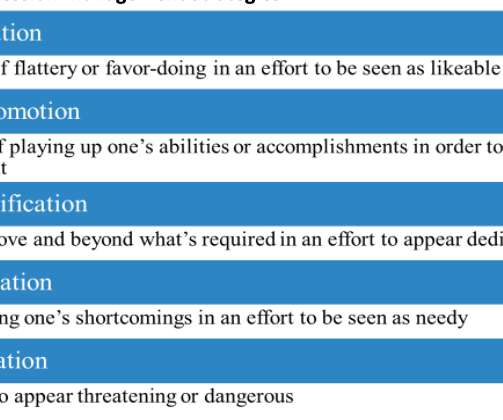Top 4 Tips For Adult Learning Theory You Need To Know
Roundtable Learning
DECEMBER 15, 2020
Andragogy is a learning theory that describes qualities adults prefer in their learning experiences. You may be asking yourself, “How do adults learn best?”. What Is Adult Learning Theory? Adult Learning Theory, or andragogy , is a theory developed by Malcolm Knowles about how adults learn best.
































Let's personalize your content